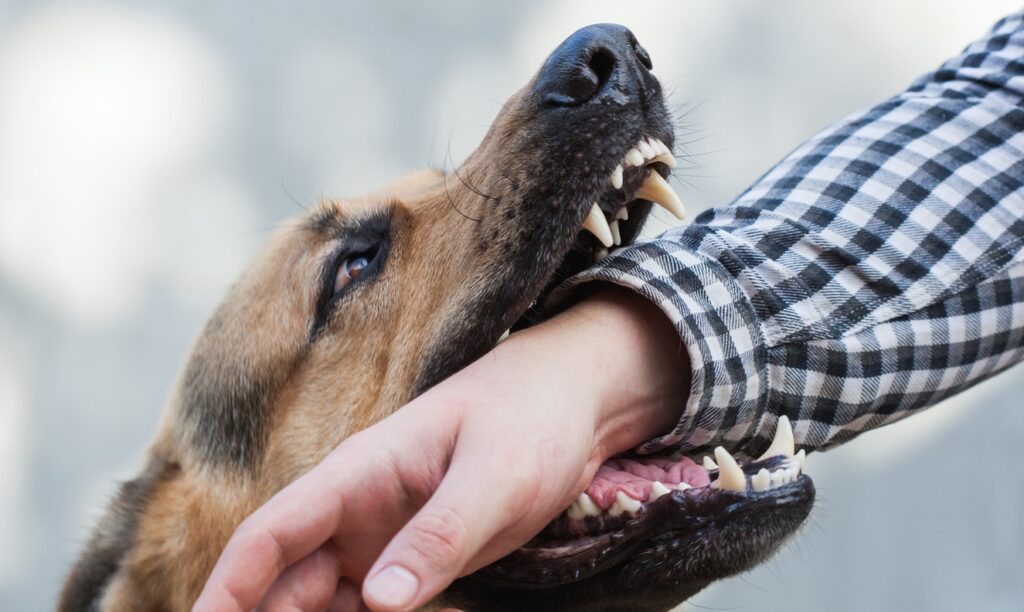
Dog bites can be a traumatic and painful experience, and it is essential to take immediate action to protect your health and legal rights. Whether the bite was from a stranger’s dog or your own pet, there are specific steps you should take after a dog bite injury. You can also contact consultants for legal advice for a dog bite injury.
It will help if you know what to do after a dog bite, including seeking medical attention, reporting the incident, gathering evidence, and contacting an attorney. Taking the right steps after a dog bite can help ensure you receive the proper medical treatment and have a strong case if you decide to pursue legal action.
Learning to take effective steps after a dog bite injury:
- Seek medical attention
If you have been bitten by a dog, seeking medical attention is the most critical step. Even if the wound appears minor, it’s essential to have it cleaned and evaluated by a medical professional to prevent infections or other complications.
Additionally, seeking medical attention will create a record of your injury, which may be useful in legal proceedings. If your injury is severe, call emergency services immediately.
- Identify the dog and owner.
If you have been bitten by a dog, seeking medical attention is crucial. Even minor wounds can easily become infected, and some bites can cause serious injuries that require immediate treatment. Seeking medical attention right away will not only ensure that you receive the proper care, but will also create a record of your injury that can be used if you decide to pursue legal action against the dog’s owner. In cases of severe injury or excessive bleeding, it is important to call emergency services immediately.
- Report the incident
After a dog bite, it is important to report the incident to the appropriate authorities. It includes local animal control, law enforcement, and/or your county health department. Reporting the incident can help identify the dog and its owner, provide documentation for your medical treatment, and potentially prevent future attacks.
Animal control may also investigate the incident and take appropriate action to ensure public safety. If the dog is not up-to-date on vaccinations, reporting the incident can also help prevent the spreading of diseases such as rabies.
- Gather evidence
Gathering as much evidence as possible after a dog bite injury is important. It can include taking photos of your injuries, the location of the attack, and the dog and its owner, if possible. Collecting witness statements and contact information can also be helpful.
Recording your medical treatment and expenses can support your compensation claim. Evidence can be crucial in establishing liability and proving the extent of your injuries, so be sure to document everything immediately after the incident.
- Contact an attorney
If you have suffered a dog bite injury, contacting an experienced personal injury attorney is essential. An attorney can help you navigate the legal process and protect your rights. They can also help you determine if you are entitled to compensation for your injuries, medical expenses, and other damages.


